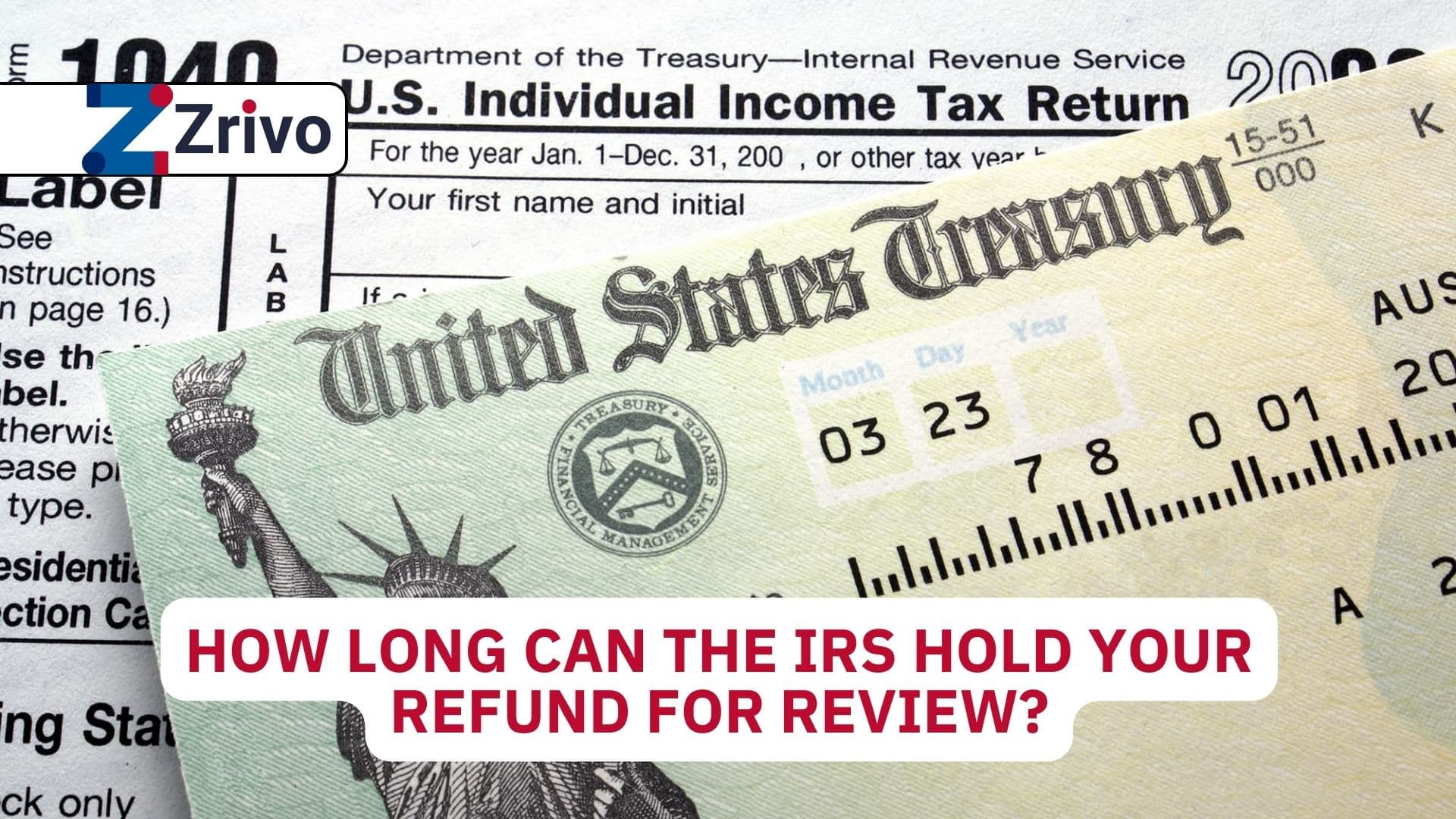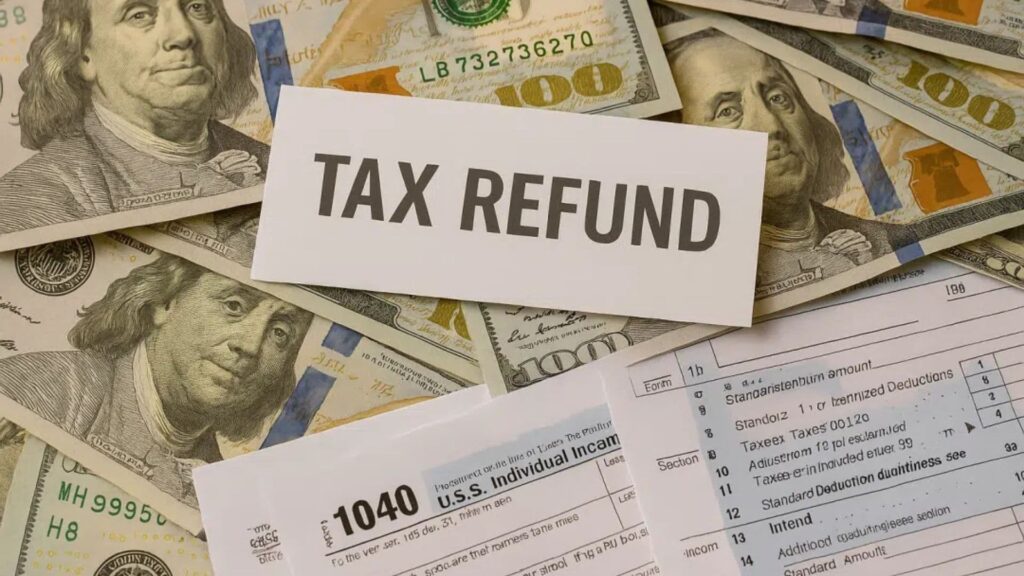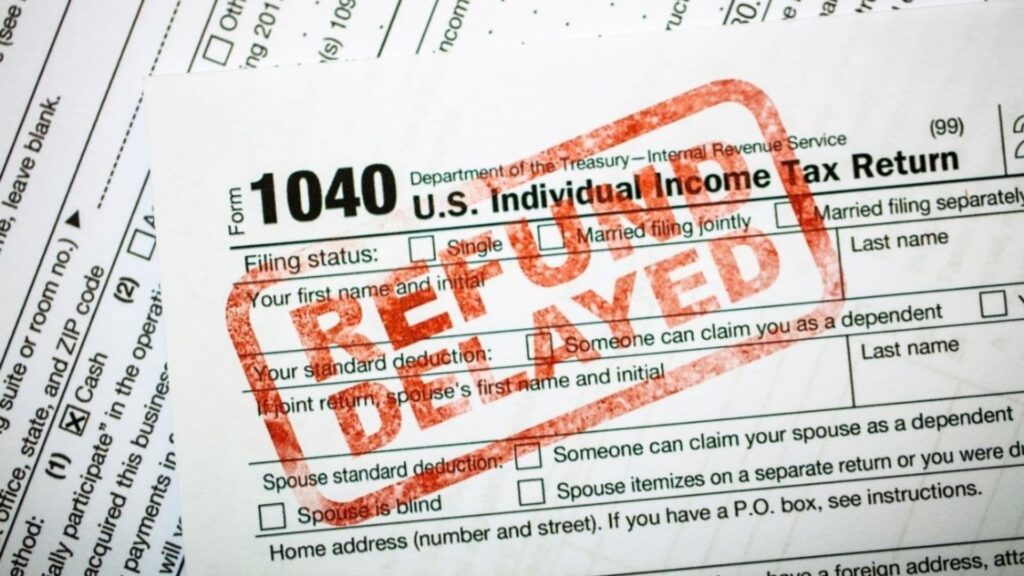
If you’ve ever been eagerly waiting for your tax refund, only to find out that the IRS has delayed it for review, you may be wondering: how long can the IRS hold your refund for review? While it’s natural to want your refund as quickly as possible, there are several reasons the IRS might delay it, ranging from routine checks to more complicated issues. This article will guide you through how long the IRS can hold your refund for review, why it happens, and what you can do if your refund is delayed. Understanding the IRS’s review process can help ease your concerns and provide clarity on when you can expect to see your hard-earned money.
Why Does the IRS Hold Refunds for Review?
The IRS may hold a refund for review for a variety of reasons, and it doesn’t necessarily mean something is wrong with your return. The IRS uses an automated system to flag returns that contain inconsistencies or appear to need further scrutiny. Common reasons for a refund delay include:
- Errors or Inconsistencies: If your tax return has discrepancies, such as mismatched information, missing documents, or errors in your tax calculations, the IRS may hold your refund until they resolve the issue.
- Claiming Certain Deductions or Credits: Certain tax credits and deductions, such as the Earned Income Tax Credit (EITC) or the Child Tax Credit, are often subject to more intense scrutiny, which can delay your refund.
- Identity Verification: The IRS may hold your refund to verify your identity. If your return is flagged for potential fraud or there are discrepancies with your name, Social Security Number, or other identifying information, they might put your refund on hold.
- Random Review: Occasionally, returns are selected for a random review as part of the IRS’s routine audit process. While this can be frustrating, it is generally part of their standard procedure.

How Long Can the IRS Hold Your Refund?
The IRS typically processes most refunds within 21 days of receiving your e-filed return, but it’s important to understand that this timeframe can be longer if the IRS needs to review your return. On average, if the IRS decides to review your return, the review process could take an additional 60 to 90 days, but in some cases, it may take longer.
The specific duration depends on the nature of the review and the complexity of the issues involved. If you are selected for a random audit or the IRS requests additional documentation, your refund could be delayed for months. In rare cases, refunds can be delayed indefinitely if there is a significant issue with your return that requires further investigation.
How Can You Tell if Your Refund is Being Reviewed?
You’ll be notified if the IRS needs more information from you or if they decide to put your refund under review. The IRS typically sends a letter (Form 5071C or other correspondence) explaining why your refund is delayed and what steps you need to take to resolve the situation. It’s important to respond promptly to any requests for additional information to avoid further delays.
You can also track the status of your refund using the IRS’s “Where’s My Refund?” tool. This online tool provides real-time updates on the status of your refund, letting you know whether your return is being processed, if there are any issues, or if your refund has been approved and sent.
What Can You Do if Your Refund is Delayed?
If your refund is delayed, there are a few steps you can take:
- Check Your Tax Return for Errors: Review your return for any discrepancies or missing information. Correcting errors early can help speed up the process.
- Contact the IRS: If the IRS hasn’t provided an update or you don’t know why your refund is delayed, you can contact them directly. Be prepared to provide information from your tax return and any correspondence you’ve received.
- Respond Promptly to IRS Requests: If you receive a letter from the IRS requesting additional documentation or information, make sure to respond as quickly as possible. Delayed responses can prolong the review process.
- Consider Filing an Appeal: In rare cases, if your refund is held for a long period and you disagree with the IRS’s decision, you may have the option to file an appeal.

How to Avoid Refund Delays in the Future
The best way to avoid delays in the future is to ensure that your tax return is accurate and complete when you file it. Some tips include:
- Double-checking your information, such as your Social Security Number, filing status, and dependents.
- Using e-filing to reduce the chances of errors and speed up processing.
- Filing early, especially if you claim credits or deductions that are subject to review.
Additionally, consider seeking help from a tax professional if you’re unsure about any part of your return. A tax expert can ensure everything is filed correctly, reducing the likelihood of delays.
Conclusion: Patience and Preparation are Key
In conclusion, while the IRS can hold your refund for review for up to 90 days (or longer in rare cases), it’s typically part of the process to ensure your return is accurate and compliant. By understanding why your refund may be delayed and taking the necessary steps to address any issues, you can minimize the time it takes to receive your refund. Keep track of your refund status using the IRS tools and respond quickly to any IRS requests to ensure a smoother process. With patience and proper preparation, you can avoid most delays and get your refund faster.
FAQs
Why is my IRS refund being held for review?
Your IRS refund may be held for review due to errors on your return, the need to verify your identity, or claims for certain credits like the Earned Income Tax Credit.
How long can the IRS take to review my refund?
The IRS can take up to 90 days to review your refund, depending on the complexity of the issues involved. In rare cases, it can take longer.